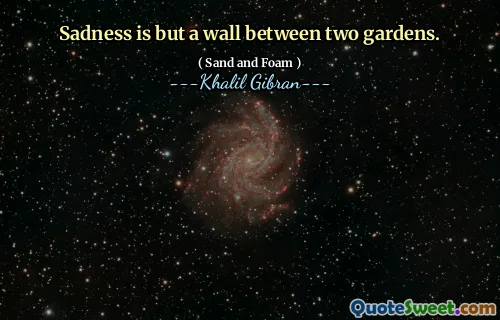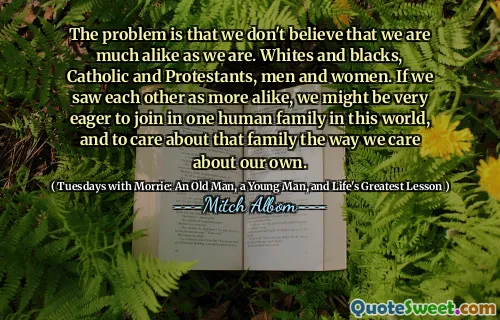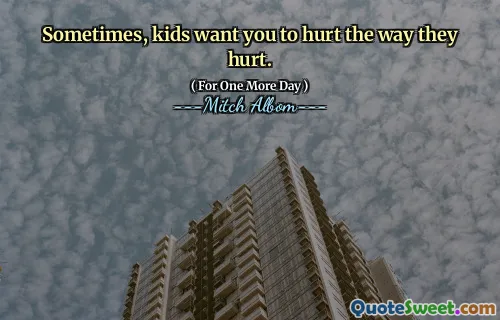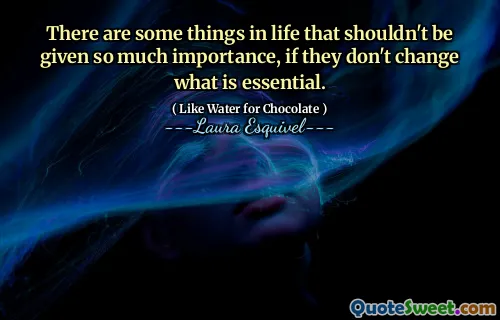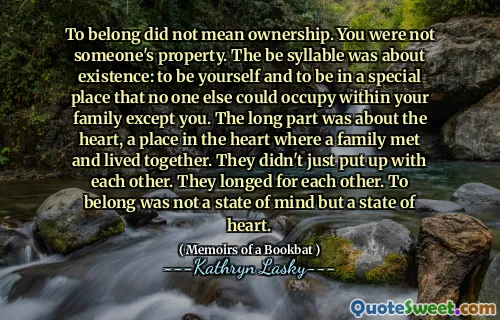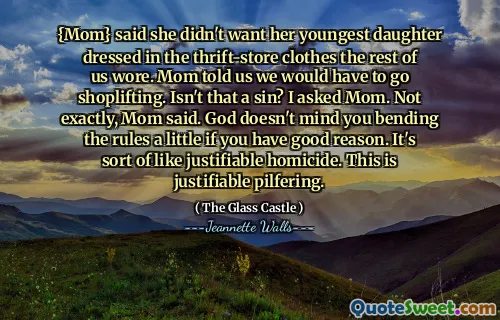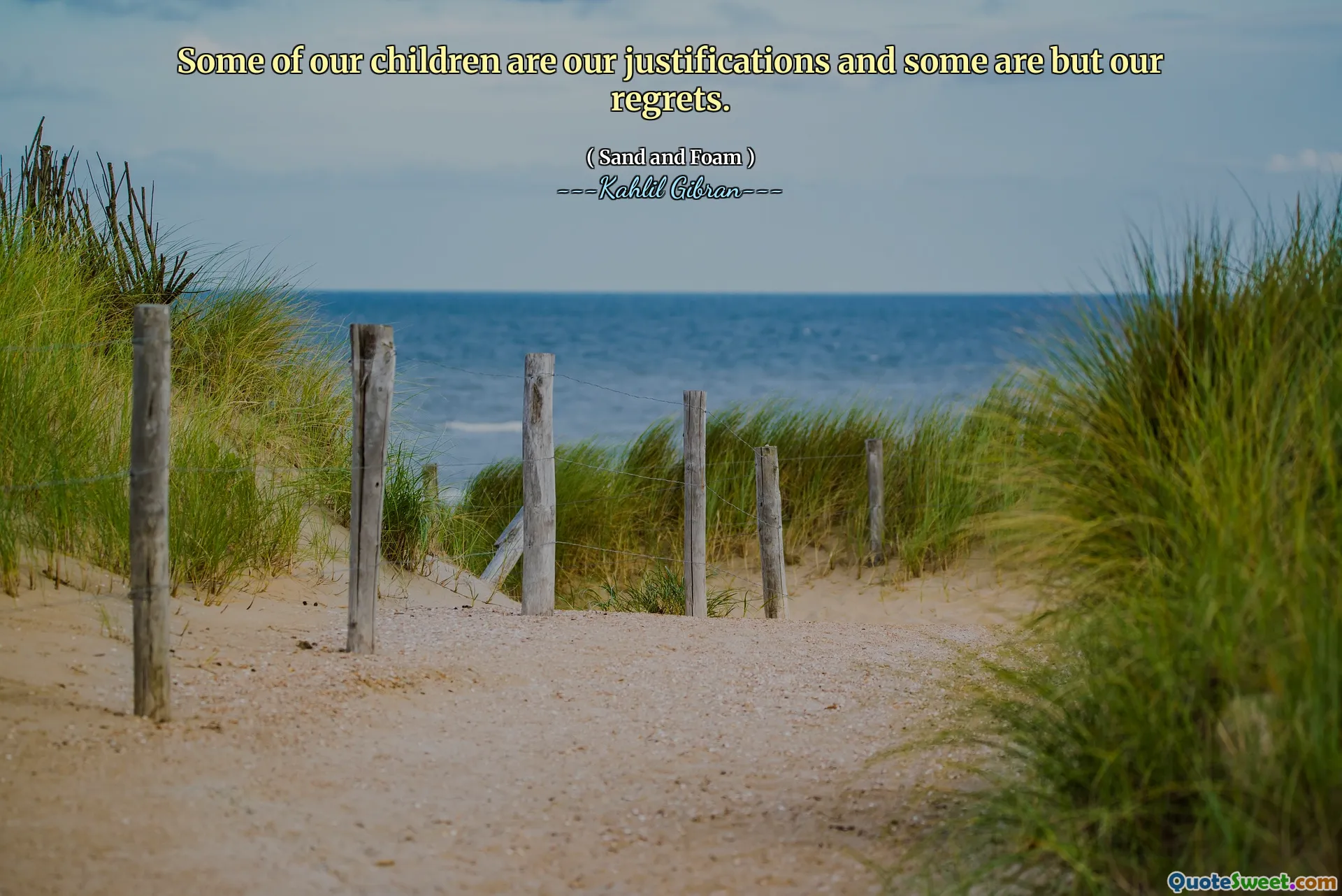
Some of our children are our justifications and some are but our regrets.
This quote poignantly reflects the complex and sometimes contradictory ways in which we experience parenthood and our relationships with our children. It suggests that children can serve as a reason for our actions, pride, and hope—our justifications for our choices and commitments. They may symbolize our aspirations and the embodiment of our dreams, serving to affirm the paths we have taken or the values we hold dear.
Conversely, the quote also reveals a more somber truth: children can become sources of regret. Despite our best intentions and unconditional love, the outcomes of our parenting or the choices that led us to parent in certain ways can haunt us. Our children’s struggles, decisions, or circumstances may remind us of our perceived failures or missed opportunities. The duality captured here emphasizes that parenthood is neither purely uplifting nor entirely regretful, but a complex tapestry of emotions. It underscores the profound influence children have on our emotional landscapes, shaping our perceptions of ourselves and our life choices.
This reflection invites us to examine parenthood not just as a chapter in life but as an ongoing journey intertwined with personal growth, humility, and self-awareness. It urges us to acknowledge both the joys and the sorrows that children bring into our lives and to accept the inherent contradictions in our love and hopes for them. Ultimately, it reminds us that our relationships with children are mirrors reflecting our deepest fears, dreams, and vulnerabilities, urging us to nurture compassion and understanding within ourselves.
(Sand and Foam) — ---Kahlil Gibran---
